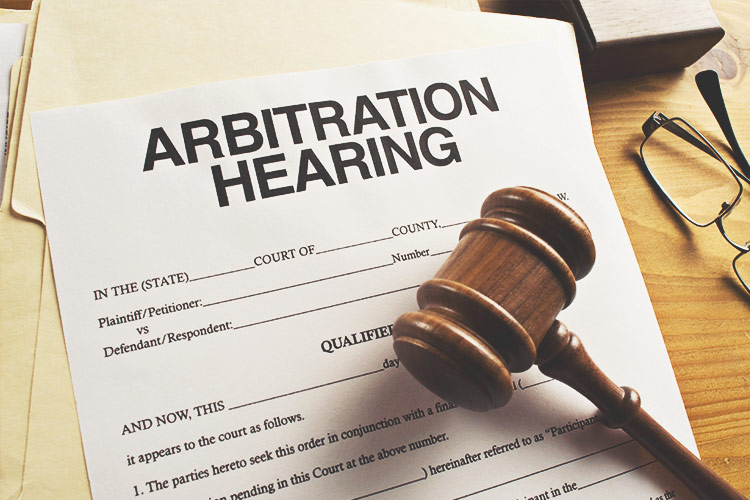FTC Announces Fair Credit Settlement
https://bardolawpc.com/wp-content/uploads/2015/09/BlogPhoto-065-BardoLaw.jpg 750 500 StacyBardo StacyBardo https://bardolawpc.com/wp-content/uploads/2015/09/LinkedIn-StacyBardo-BardoLawPC-150x150.jpgThe Fair Credit Reporting Act requires companies to inform consumers if they are being offered less favorable credit terms than those offered to consumers with higher credit ratings. The Federal Trade Commission announced yesterday that Sprint will pay $2.95 million in civil penalties to settle charges it did not give proper notice to lower credit score consumers who were charged an extra monthly fee.
According to the FTC’s complaint, certain Sprint customers were required to pay a monthly fee of $7.99 in addition to regularly imposed charges for cell phone and data services.
“Sprint failed to give many consumers required information about why they were placed in a more costly program, and when they did, the notice often came too late for consumers to choose another mobile carrier,” said Jessica Rich, director of the FTC’s Bureau of Consumer Protection.
Under the settlement, Sprint must pay a $2.95 million penalty and provide certain notices going forward. This decision highlights the importance of the Fair Credit Reporting Act as an information tool for consumers and is an effective cautionary tale for businesses.







